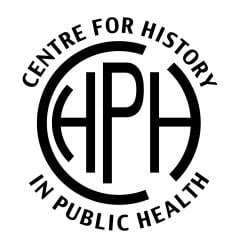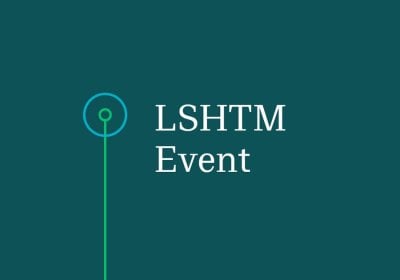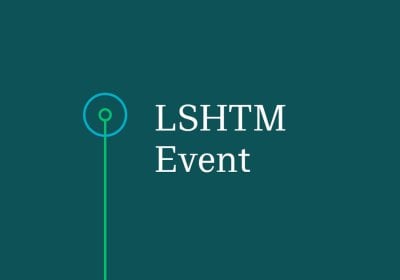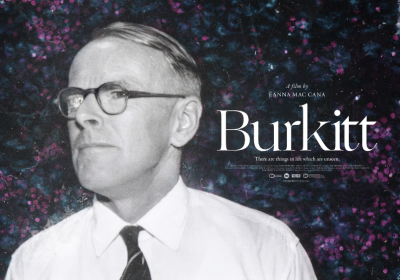Cultured Comparisons: The Role of the NHS in US Healthcare Debates
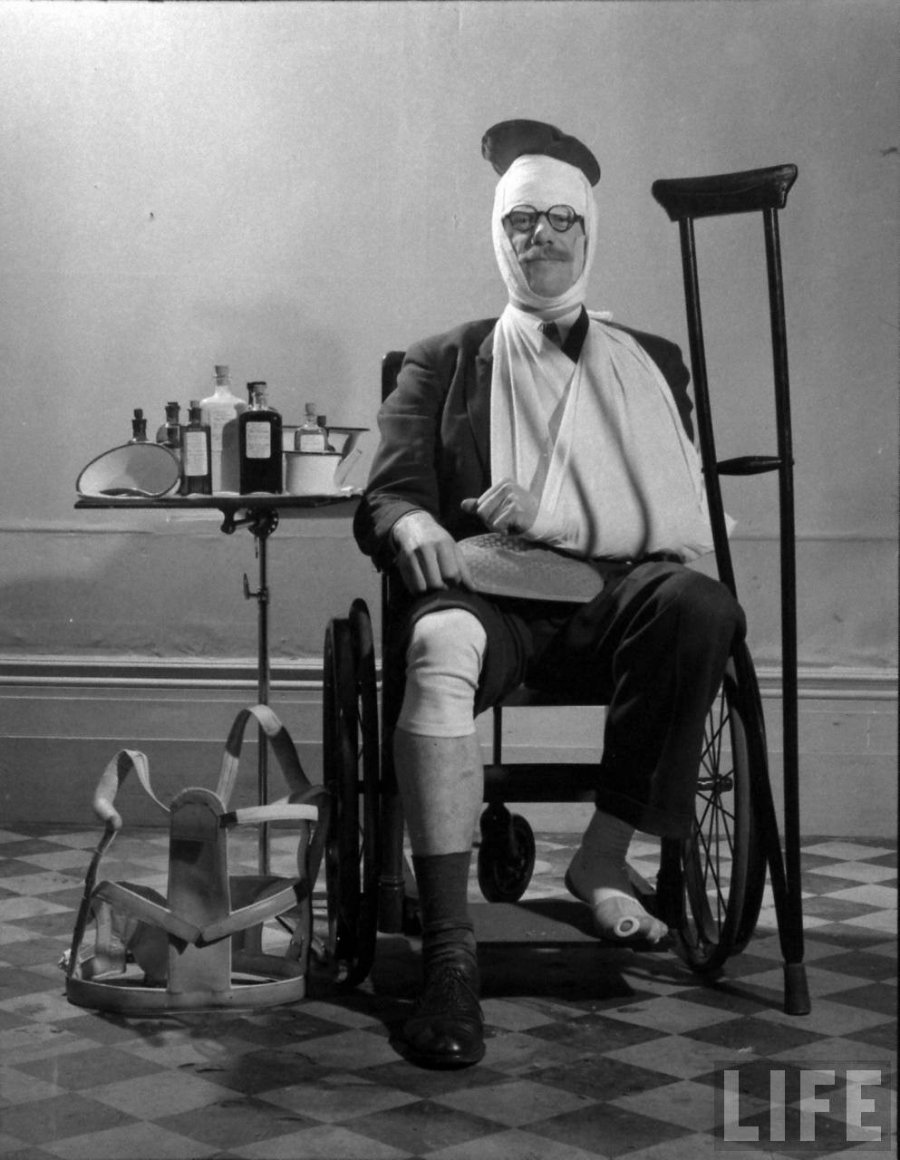
In 1948, American politicians and medical elites described Britain’s fledgling National Health Service in diabolical terms — ‘a product of the nether abyss’ that ‘prostituted’ a once honourable profession, promoted communism, and offered the British people only ‘long queues’ for ‘necessarily poor treatment’. Famously in this period the American Medical Association campaigned furiously and expensively against state intervention in the US medical marketplace. The AMA’s campaign routinely mobilised the National Health Service as its principal example of the horrors of ‘socialized medicine’. In 1948, the AMA’s focus on the NHS was understandable. Not only was the NHS perhaps uniquely vulnerable to accusations of medical socialism, but Britain’s health service was the first and most prominent of what would become many state healthcare systems to emerge after World War Two.
Since 1948, expert debate about the appropriate role of the state in the US medical marketplace has moved on, widening to consider the diverse examples and outcomes of other European nations, Canada, Australia and New Zealand. In American politics and popular culture, however, the NHS lives on as the archetype of state medicine. Simultaneously, US medicine has become the persistent nightmare vision of ‘privatisation’ in the health services in British mass culture and political debate. In this lecture I will explore how, when and why Britain’s health services featured in US healthcare debates and briefly assess the reciprocal effects of cultural representations of the NHS and private US medicine on understandings of healthcare in both countries.
Followed by a reception in the South Courtyard Cafe
Funded by the Wellcome Trust
Admission
Contact
Ingrid James via ingrid.james@lshtm.ac.uk
